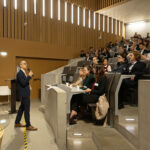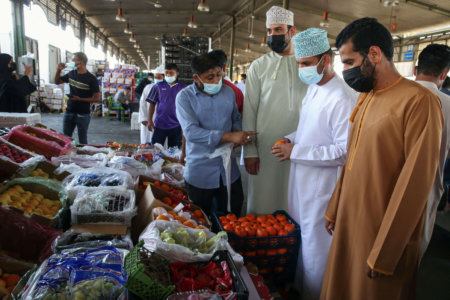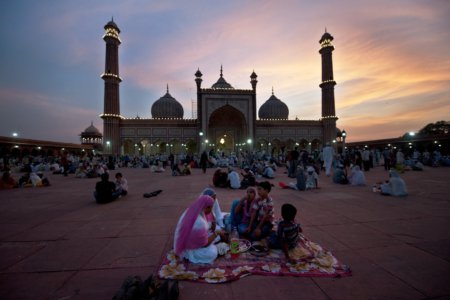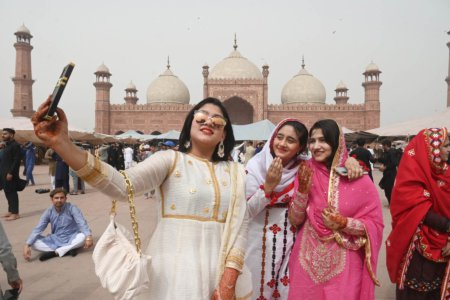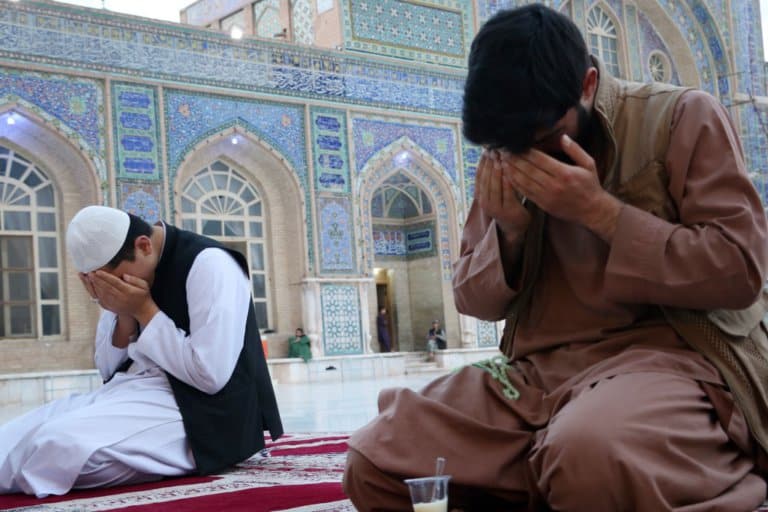
Ask any university student, and they will tell you that university is a stressful time. Similar to them, I, too, experienced the turbulence of university life.
From chasing deadlines to stressing over exams, it was no easy feat.
Becoming a teacher after, I then watched as my students went through the same. They struggled to find the balance between school and life while keeping up with assignments and studying for exams.
Now imagine juggling all of this while fasting for up to 14 hours a day.
Though it sounds difficult, every year for one month, Muslim students go through this. Ramadan is a Muslim holiday that observes fasting from dawn until dusk for one month.
During this time, they must still ensure they complete their assignments, study and sit for exams, all while not eating or drinking.
Having seen the pressure that students go through first-hand and knowing that universities have the capability to be more flexible, I call for them to do more for fasting Muslim students.
It’ll do a lot to make international Muslim students feel welcomed, safe and accepted.

Cafeterias closing early leave Muslim students will limited food options during Ramadan. Source: Remy Gabalda/AFP
One university that’s taken the lead is Princeton University. It introduced its Campus Dining Ramadan Programme to provide morning and evening meals to Muslim students.
Missouri State University and Indiana University have organised meal plans that include halal options for suhoor and iftar as well.
Suhoor, the meal before fasting begins, can start as early as 3 a.m. in some locations.
As the first meal of the day, it needs to keep one full and energised until the end of the day. A big meal of carbs and protein is often essential.
But many universities tend to close their cafeterias by 9.00 p.m. and do not reopen till 7.00 a.m.
At this point, you may say that universities like Princeton are just caving in to demanding students. Can’t Muslim students just cook their own meals?
While Muslim students can prepare their own suhoor meals, having meals sent to them can be a big help, especially for those pressed for time with deadlines and exams.
I remember the days of feeling exhausted after lectures and wanting more than to take a nap. Luckily, there was always coffee to save the day.
However, those fasting may feel fatigued and have low energy throughout the day but are expected to power through without caffeine.
The fasting month also brings about a change in their sleeping schedule as they have to wake up early for suhoor, wait to break their fast and pray five times a day.
Imagine no food, no coffee and no proper sleep. It’s a potent combination that can impact anyone’s academic performance.
Any help, or something seemingly as trivial as meal delivery, goes a long way in showing a university cares for its Muslim students.

Universities play a big role in making Ramadan easier for Muslim students. Source: Spencer Platt/AFP
Another key way universities can accommodate is by making exam times flexible.
Exams can be scheduled earlier in the day or after Muslim students break fast to avoid students feeling tired or having low energy.
University of Washington lecturer Bryan White held two sessions for his final exam for Muslim students after noticing one of his students did not perform well as she was fasting.
“It’s truly easier than anyone thinks. We got more people on board when we just reminded them they’re always making accommodations,” White told Inside Higher Ed.
“People have to go out for sports — they might miss an exam if they’re on the football team, or miss an exam because of a wedding, or miss an exam because they’re sick. This is just one more. The whole process is actually easier than everyone thinks it will be, and it’s sustainable.”
There’s another side to Ramadan on campus that non-Muslims often miss: prejudice and awkward comments.
It’s easy to feel alone on a campus of 20,000 people of faiths different from our own. Comments such as “Even water?” in reply to explanations about why one is fasting don’t help much.
Universities can do more to make their campuses more diverse and inclusive during Ramadan, such as having events that inform all students of the significance of this major religious event.
I commend the University of Richmond who’s taking it a step further by allocating a room in the dining hall for Muslim students to perform their prayers.
I praise University College London’s Islamic Society for organising daily iftar’s for all those observing Ramadan this month.
I grew up in Malaysia, as a practising Sikh in a Muslim-majority country with multiple races. Ramadan is a beautiful time when we all come together to know more about each other.
I call for universities abroad to take a cue from this and set an example for the rest of our increasingly divisive world to follow.
** This is the personal opinion of the writer and does not reflect the views of Study International




